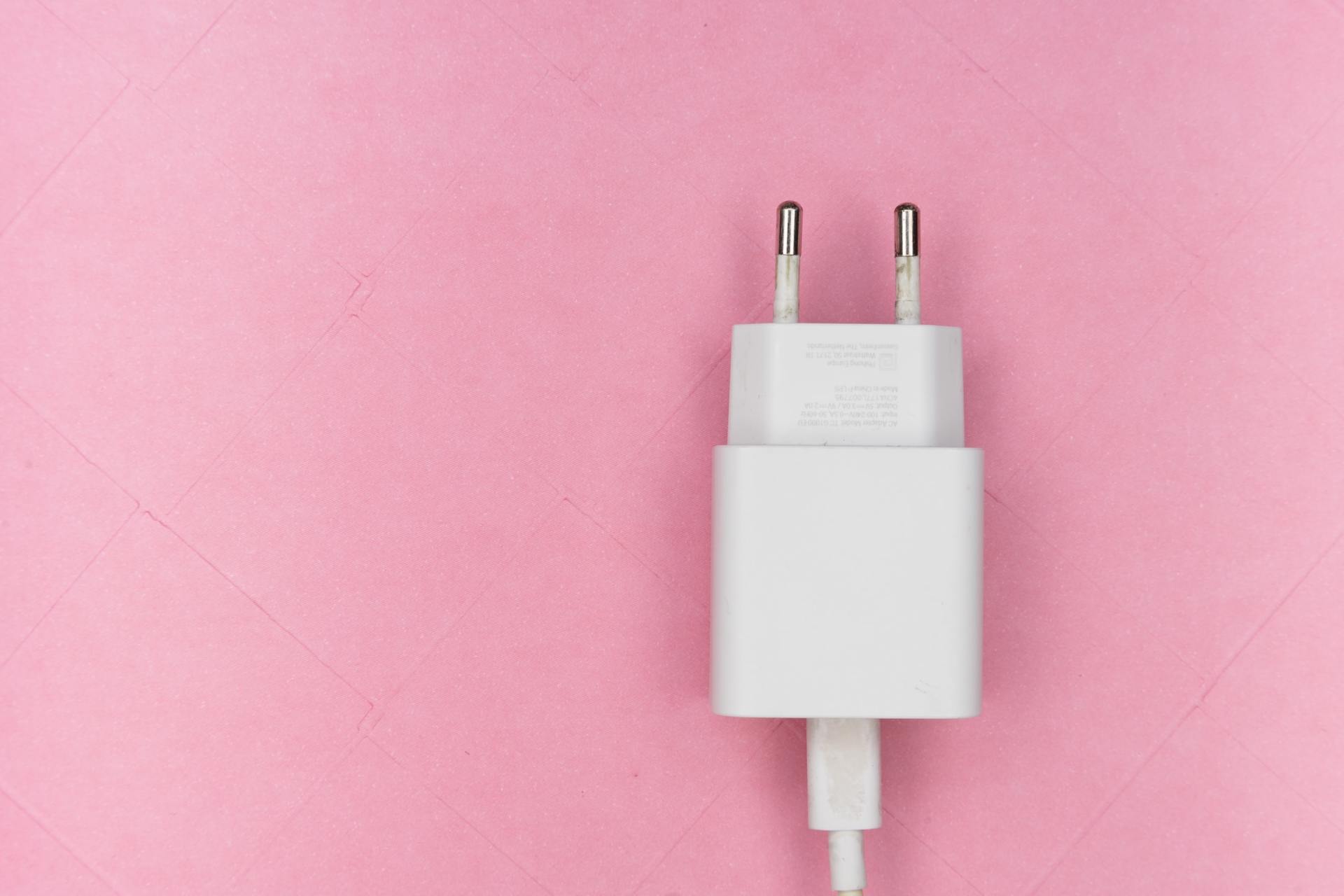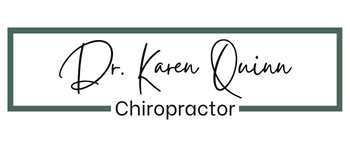Are your expectations limiting you?
I recently started training with a personal trainer again. I love it. I need the accountability. I like the encouraging messages to keep me going and the fact that I have someone else to answer to if I don't follow-through. I like the variety and the push so I can just dive in and trust that someone else is keeping a finger on the pulse of whether or not I'm on track with my goals so that I can just show up.
This morning's workout as usual involved a number of strength exercises as well as a series of three 500 m rowing sets at a "brisk pace". This meant, not quite a sprint but more than a leisurely row. Last week I had completed a 500 m "test" to see how long it took to row at my max. Based on my sprint pace, my trainer set a goal to pace myself to complete the 500 m in 2:15-2:25.
The first set felt good. I watched the clock intently to gauge the pace I was needing to maintain. I didn't want to go too fast and burn out in one set but I didn't want to go too slow and miss the mark that had been set. Knowing I had two more sets to complete after this, I tried not to give my all on this first set. I finished at 2:19.8. Sweet. I was happy, and in my head it gave me leeway to slow down if I couldn't maintain the speed and still remain in the prescribed time range.
The second set felt surpisingly good too. It was easier to set and keep the pace, probably because I had a recent set to reference. Set two was faster coming in at 2:16.4.
On the third set (leading up to the entire point of this blog), I hit the wrong button on the rower, so the screen showed my distance but it didn't show me my time or pace. No problem. I set out and found a good rhythm, pushed but didn't feel I was maxing out by any means. If anything, I felt like I may be slower but tuned into myself and knew I wasn't at my max yet was still giving consistent effort. Once I finished, I pushed buttons on the screen until I found the time that was tracked and I was shocked. 2:14.9. Five whole seconds faster than set one.
So what is my point? Well there are a couple "aha" moments in this for me:
1 - If I have a goal in the back of my mind it helps to frame my level of intensity. This can work for or against me. This is great if my goals are just out of my comfort zone and will push me harder than I would otherwise. If my goals are too low though, perhaps I'm not realizing my full potential. Perhaps I won't see the need to push myself harder to surpass the moderate and challenge myself further. As with anything, how we show up in physical challenge is how we show up in other challenges.
2 - When I wasn't watching intently at my progress, I actually did better. This doesn't negate the benefit of tracking and checking in with goals, as I did have an opportunity to touch base once I finished. In this case though, I set the goal, went after it and then checked in later. Obviously to some degree, seeing the time caused me to pace myself slower and limit my potential. I find this relatable to what I often discuss with patients regarding their progress also. Everything takes time. Sometimes checking in too frequently or expecting instant feedback can be to our demise. We may miss out on the long-term potential and more importantly our ability to be in-tune to self assess where we are. When someone is losing weight for instance, looking at the scale multiple times a day will not give you valuable feedback. If anything, this may discourage you in feeling that nothing is changing. Over the course of weeks or months though, the minor inevitable fluctuations balance out and you can see the trend of direction you are going in.
3- There is so much value in tuning into your own body. To trust your own gauge of how much you need to push it without the distraction of details. The more we are able to rely on our inborn wisdom to guide us, be it intuition in making a decision or knowing when our choice to not workout is due to needed rest versus laziness, the less we will need to rely on objective measures to change course when needed and we will be able to find that surge from within. With this in mind though, pay attention if you are playing too small. Even the fact that I scaled my pace in the first round was based on the expectation that I wouldn't be able to sustain that. What if I could though? And in fact I improved my time each time. I've noticed this during road or cycling races as well and through the years have realized how much I have scaled my start to have a fast finish. If I had that much reserve though at the end of a race, tells me more that I didn't push as hard as I could at the beginning.
Much of the above is more self reflection, but perhaps those reading this can see where any of these observations may show up in your own life also. Are your goals big enough? Are your expectations limiting your true potential? Are you gauging your success in whatever you are focused on (work, finances, fitness) on a micro rather than a macro scale? We don't know our boundaries or max output unless we challenge those limits and it is with challenge that we improve and grow.




Newsletter Sign-up
You have signed up for Dr. Quinn's monthly newsletter!
Please try again later.






